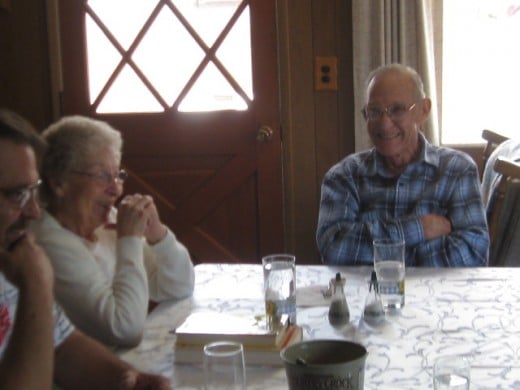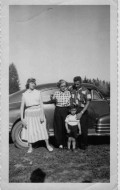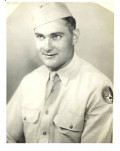Money Saving Tips My Parents Taught Me

My insurance agent once asked me to explain how my father and my brother could be so different. Dad was very meticulous when it came to purchasing coverage; he made sure every "t" was crossed and every "i" was dotted. My brother, on the other hand, was much more laid back. "Whatever you think," he would tell the agent. Dad was early with his payments, while my brother welcomed a call to remind him payments were due.
I smiled. "They're more alike than you think," I told the agent. And socially, they were. They loved to argue about sports, economics and politics. They both enjoyed socializing with people they knew and had a quality that drew people to them. But when it came to finances, my parents had perfected ways to stretch money that even they were unaware of. Only close observation allows me to share money saving tips they taught me--tips I probably would never have used if the bottom hadn't dropped out of the economy.
We laughed at Mom and Dad when they washed the styrofoam containers in which they brought food home from restaurants. They covered them with towels and stored them in the basement. We stopped laughing when they brought them out on holidays after dinner so their children and grandchildren could fill them with leftovers to take home. They were the perfect containers to transport food, and we didn't have to worry about returning Tupperware or other dishes they needed for daily use.
I used to think it was a waste of time when my parents insisted that we wash plastic freezer bags and storage bags. Everyone else I knew threw them away and bought more. Plastic cups, plastic silverware and aluminum foil were created for the sake of convenience; weren't they supposed to be disposable? I thought so until income went down and prices went up. Suddenly it doesn't seem so silly to wash and reuse products, or to unwrap the foil from a baked potato and use it the next time I made one.
Dad and Mom are very thrifty, but they are also very generous. They give their time, talents and skills. They do what they can to make sure no one goes without. When Dad retired and fished every day, he shared his catch with many friends and relatives. In turn, they provided a package of venison, a bushel of tomatoes or other produce. Mom sewed, baked cookies and cakes for bereaved families and church dinners, and when she and Dad were ill, many people brought them meals. A community that shares saves everyone money.
My parents showed me that planting a garden and growing my own food saves money. Canning and freezing food grown or purchased on sale can tide you over during lean times. Taking care of your belongings to increase the length of time you can use them can save you a bundle, especially when it comes to high-priced items such as your car, home and appliances.
They developed their thrifty ways out of need and a dislike for waste. It was a way of life for much of their generation. They learned to work hard and make do rather than whine about what they didn't have and what they should have been entitled to. Society could learn a lot from the example they set.








